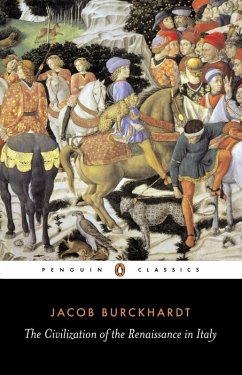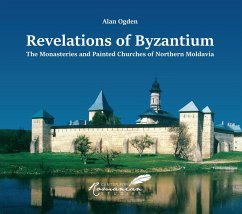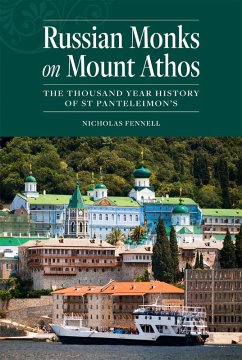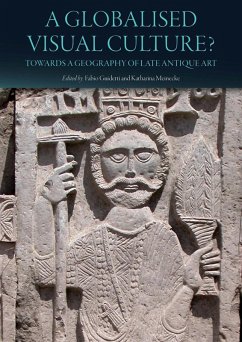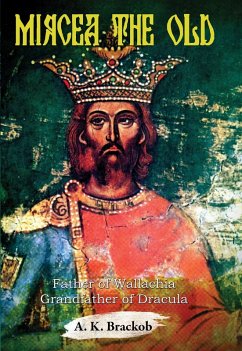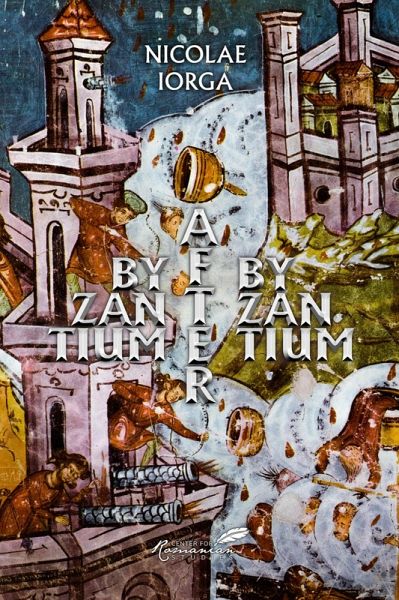
Byzantium after Byzantium (eBook, ePUB)
Versandkostenfrei!
Sofort per Download lieferbar
13,95 €
inkl. MwSt.
Weitere Ausgaben:

PAYBACK Punkte
7 °P sammeln!
Although Constantinople fell to the Turks in 1453, bringing an end to the Eastern Roman Empire which had survived its predecessor in the West by nearly one thousand years, this important book argues that Byzantium did not die, but continued to influence European history all the way up to the beginning of the nineteenth century. The author'' s formula " Byzantium after Byzantium" defines several centuries of world history. Iorga points out the great contributions of Byzantine civilization to the Western world, especially during the Renaissance. He demonstrates that Byzantium survived through it...
Although Constantinople fell to the Turks in 1453, bringing an end to the Eastern Roman Empire which had survived its predecessor in the West by nearly one thousand years, this important book argues that Byzantium did not die, but continued to influence European history all the way up to the beginning of the nineteenth century. The author'' s formula " Byzantium after Byzantium" defines several centuries of world history. Iorga points out the great contributions of Byzantine civilization to the Western world, especially during the Renaissance. He demonstrates that Byzantium survived through its people and local autonomies, as well as through its exiles. They continued the Byzantine ideas, aspirations, education, and way of life. All of this allows us to speak of a Byzantium after Byzantium.
Dieser Download kann aus rechtlichen Gründen nur mit Rechnungsadresse in A, B, BG, CY, CZ, D, DK, EW, E, FIN, F, GR, HR, H, IRL, I, LT, L, LR, M, NL, PL, P, R, S, SLO, SK ausgeliefert werden.




